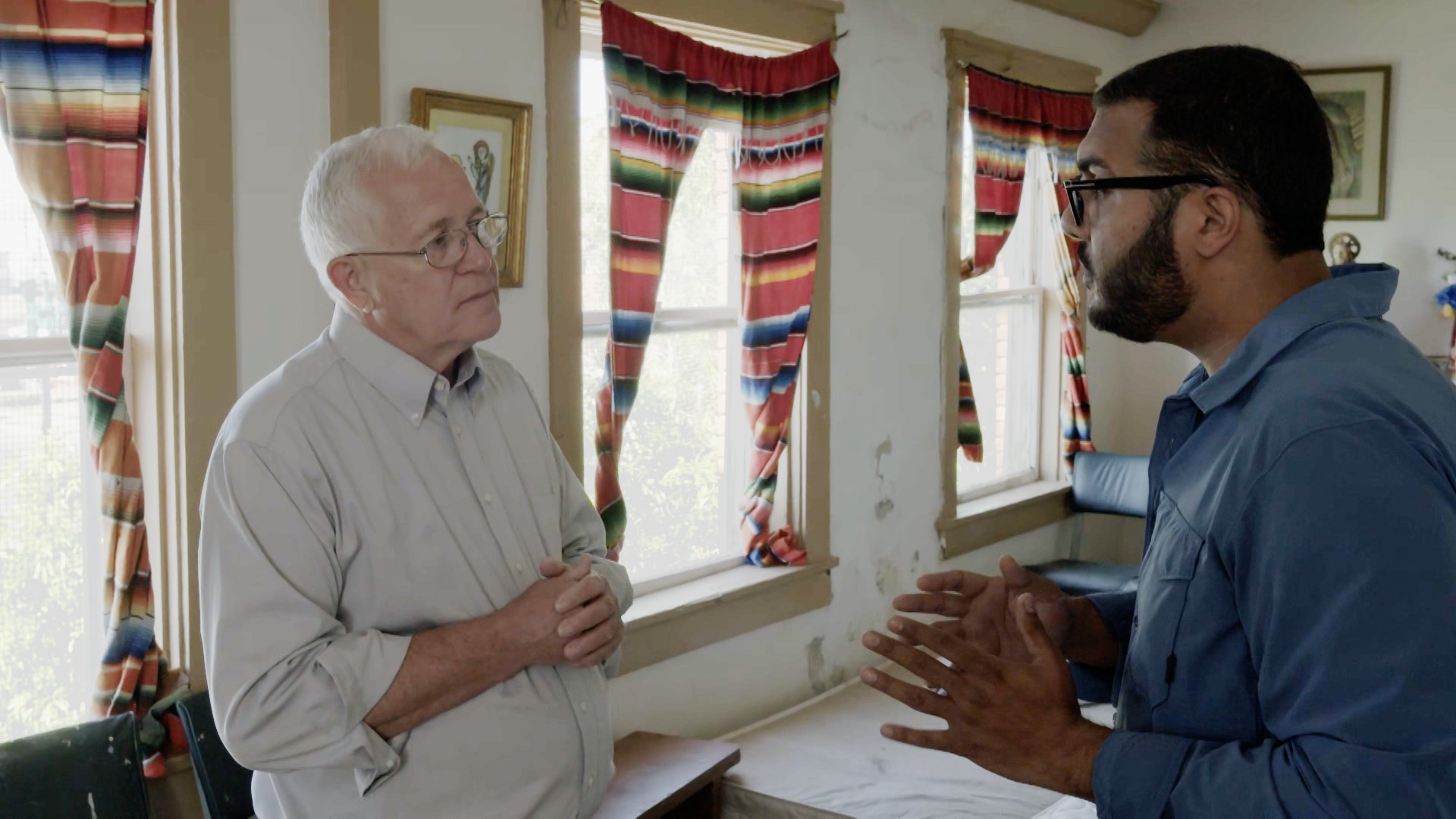Poor immigrants are welcome in the U.S., Acting Director of the U.S. Citizenship and Immigration Services Ken Cuccinelli said, but only if they won’t ask for help from the federal government.In a combative interview with CNN’s Erin Burnett on Tuesday evening, Cuccinelli defended remarks he made to NPR earlier that day, suggesting that the iconic poem engraved on the bottom of the Statue of Liberty should really read: “Give me your tired and your poor who can stand on their own two feet and will not become a public charge.”“That poem was referring back to people coming from Europe where they had class-based societies, where people were considered wretched if they weren’t in the right class,” he said Tuesday evening in a non-sequitur, seeming to imply that people immigrating to the U.S. in the late 19th century were escaping harsh economic systems but willing to work.He made the comments in defense of a new Trump administration rule that will make it harder for immigrants who use public benefits to get a green card.Cuccinelli added that the poem was written one year after the U.S. government first adopted a federal “public charge” rule, and that the Trump administration is merely tweaking a regulation that has already long been in effect.The new rule will force immigration officers reviewing green card applications to consider an applicant’s use of public assistance before making their decision. The use of certain benefits –– like housing subsidies, food stamps, or cash assistance –– will weigh heavily against an applicant, Cuccinelli said.Read more: This Mississippi chicken plant just held a jobs fair to replace workers snatched up by ICE.On Tuesday morning, an NPR reporter asked Cuccinelli whether he would “agree that [the] words etched on the Statue of Liberty, 'Give me your tired, give me your poor,' are also a part of the American ethos?”“They certainly are,” he said, then recited the poem — with his modification.On Burnett’s show Tuesday night, the host pushed back on Cuccinelli’s remarks. “You were giving your own version of what the poem should say,” she said.“No, I was not. I was answering the question. I’m not rewriting poetry,” Cuccinelli replied. “You’re twisting this like everyone in the left has done all day.”Read more: Police keep arresting young white men for trying to copycat El Paso.As he did on Monday, Cuccinelli added that his own grandfather sponsored two of his cousins to come to the U.S. from Italy.“This is a tradition that many of our families, yours and mine, can point to,” Cuccinelli said. “This is not an exclusionary end-all be-all.”The “public charge” rule requires people seeking permanent residency status to prove that they won’t be a financial burden to the government. The new rule expands the definition of a public charge to include people who use certain federal benefits.It goes into effect Oct. 15, and Cuccinelli has held a series of press events this week defending it. The change “ensures self-reliance and self-sufficiency for those seeking to come to or stay in the United States,” Cuccinelli said at a press conference on Monday.USCIS estimates that the rule will affect nearly 400,000 people every year applying for permanent residency. Cover: Acting Director of United States Citizenship and Immigration Services Ken Cuccinelli speaks during a briefing at the White House, Monday, Aug. 12, 2019, in Washington. (AP Photo/Evan Vucci)
Cover: Acting Director of United States Citizenship and Immigration Services Ken Cuccinelli speaks during a briefing at the White House, Monday, Aug. 12, 2019, in Washington. (AP Photo/Evan Vucci)
Advertisement
Advertisement
